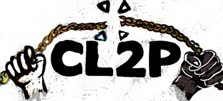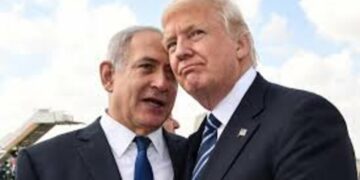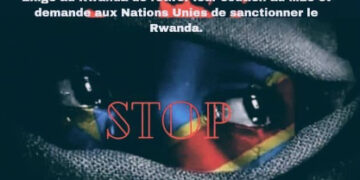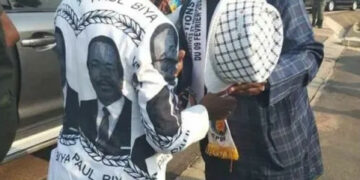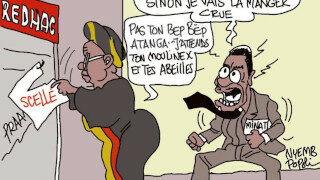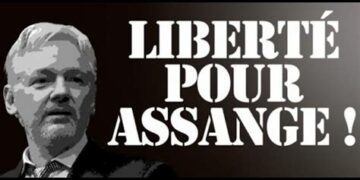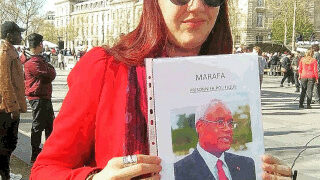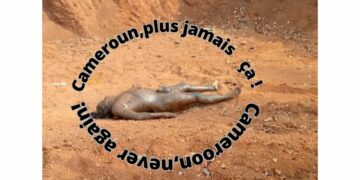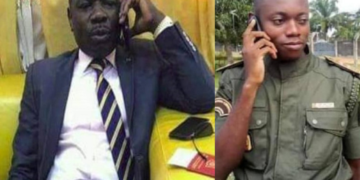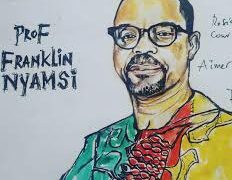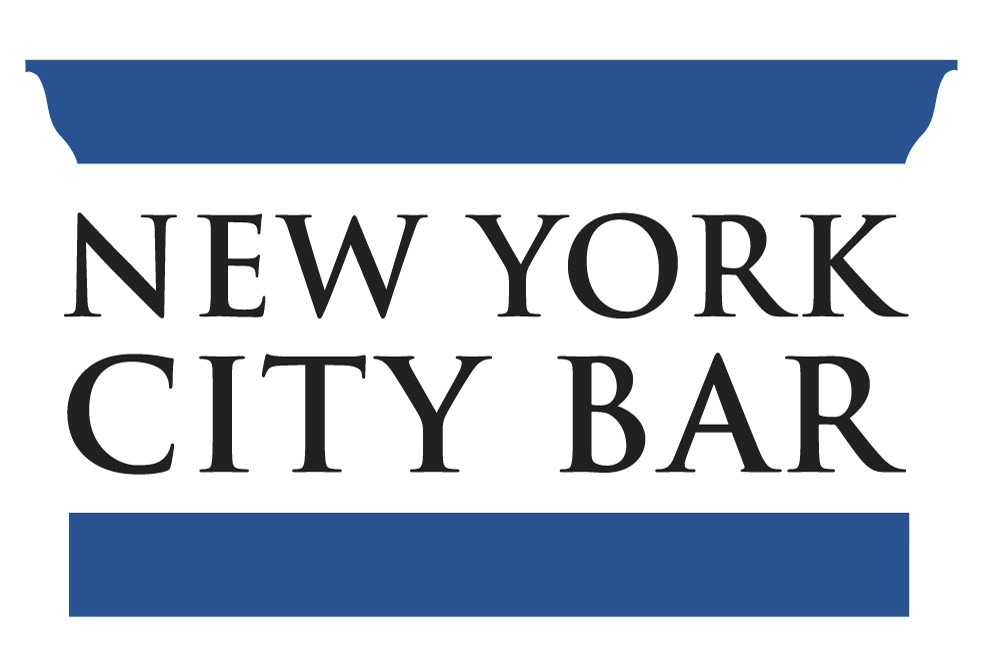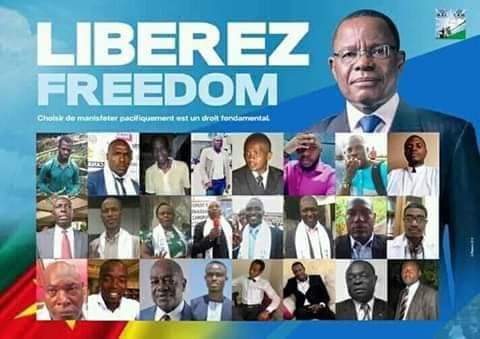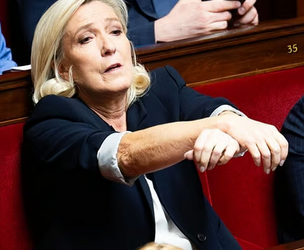“ The New York City Bar Association condemns the arrest of Professor Maurice Kamto, and urges the government of Cameroon to honor its international law commitments, and to immediately and unconditionally release Professor Kamto.
Professor Kamto is a distinguished and globally respected jurist; former member, Chair and Special Rapporteur of the International Law Commission of the United Nations from 1999 to 2016; and former Dean of the faculty of judicial and political sciences at University of Yaoundé II. In 2002, he successfully led a team that resolved the dispute between Nigeria and Cameroon over the territory of Bakassi Peninsula before the International Court of Justice so as to allow Cameroon to control that territory. Professor Kamto was appointed Deputy Minister for Justice of Cameroon from 2004 to 2011. After he resigned from the government of Cameroon, Professor Kamto created his political party, Cameroon Renaissance Movement (“MRC”) in 2012.
On January 28, 2019, Cameroonian authorities arrested Professor Kamto, along with over 200 members of his political party, who had organized peaceful protests called “White March.”[1] The aims of White March[2] were to protest against: i) official results of the 2018 presidential elections proclaimed by the Constitutional Council, which MRC claims were marred by irregularities[3], ii) the ongoing war in the Anglophone Northwest and Southwest regions,[4] and iii) widespread corruption that resulted in stripping Cameroon of its role in hosting AFCON 2019.[5]
During the White March, security forces used excessive force against peaceful unarmed civilians and fired live bullets at some, including prominent lawyers and supporters of Professor Kamto. The government argued that the crackdown on protesters was justified because the demonstrations were not authorized. The government also accused Professor Kamto of inciting activists to ransack Cameroonian embassies in Paris and Berlin, which MRC denied.[6]
After Professor Kamto was arrested in the city of Douala, security forces transferred him to the town of Yaoundé. For two weeks Professor Kamto was placed under “administrative custody” by special units at the Special Operations Group (GSO). These units usually deal with terrorism or organized crimes.[7]
Holding Professor Kamto largely incommunicado, GSO allowed only one visit by his family and attorneys. On February 12, 2019, Professor Kamto and over 100 people were referred to the Military Court of Yaoundé and charged with: rebellion, incitement to insurrection, hostility against the fatherland, offense against the President of the Republic and destruction of public buildings and goods, among other charges. Some charges carry the death penalty.[8]
Professor Kamto is being held at Kondengui Central prison of Yaoundé infamously known for its horrendous conditions of detention. Reports of torture as well as cruel and inhuman conditions by law enforcement agents have surfaced on many occasions. Our concern is heightened by reported systematic violations of accused persons’ due process rights by law enforcement and judicial authorities in Cameroon, including the use of unlawful and prolonged detentions, coercion, and torture.[9]
Cameroon has ratified international treaties protecting fundamental and political rights. They include the Universal Declaration of Human Rights, the Charter of the United Nations (as affirmed by the Preamble of Cameroon’s Constitution), African Charter on Human and Peoples’ Rights (1989), the Convention against Torture and Other Cruel, Inhuman or Degrading Treatment or Punishment (1986), and the African Charter on Democracy (2011).[10] The Constitution of Cameroon confirms the acceptance of these fundamental principles, and the New York City Bar Association urges the Cameroon government to abide by them.[11]
The Military Court of Yaoundé is expected to sentence Professor Kamto, a civilian, on October 8, 2019. The New York City Bar Association joins the many organizations and institutions condemning Professor Kamto’s arrest[12] and adds its voice to those of the many institutions[13] and countries[14] calling for the immediate and unconditional release of Professor Kamto”.
